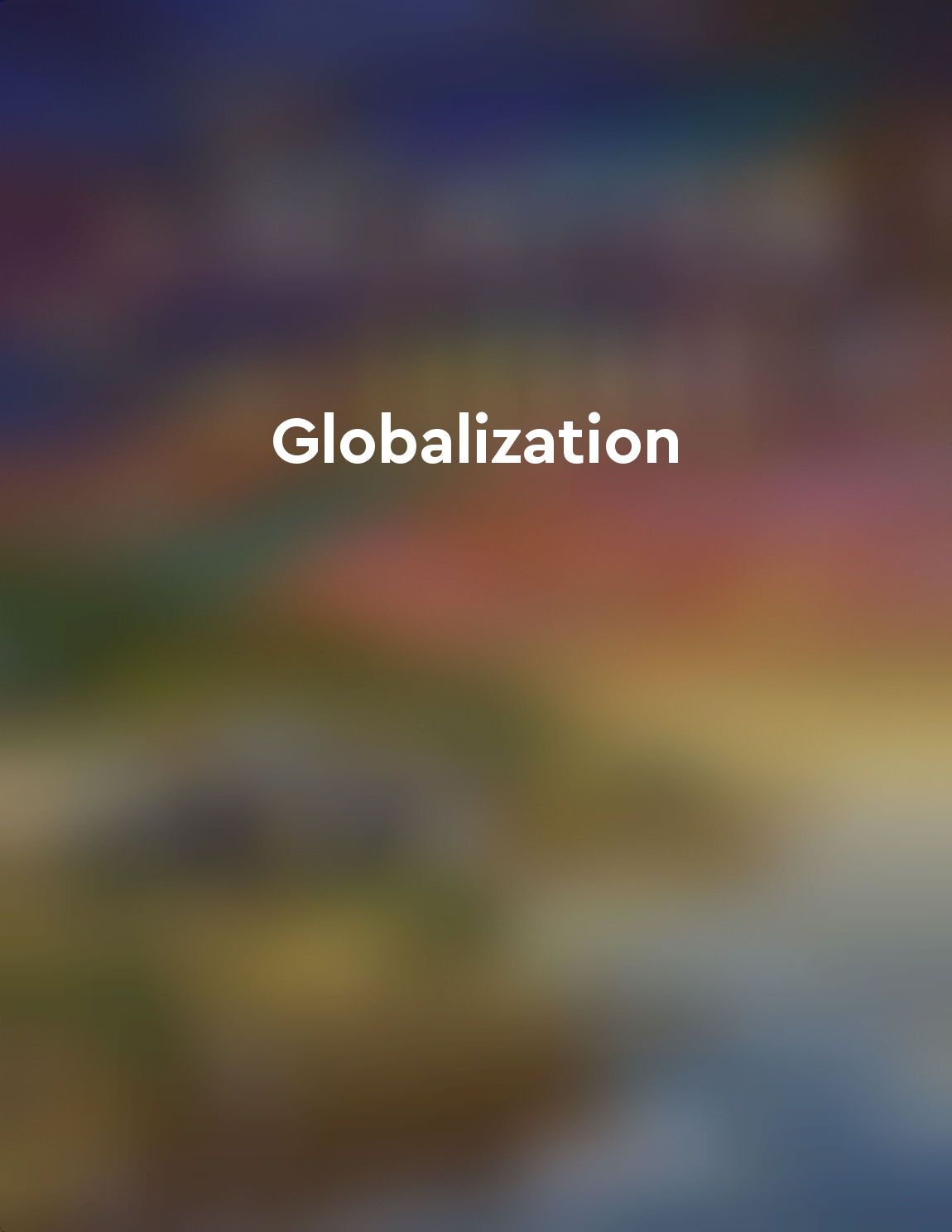Africa experiences US intervention from "summary" of Killing Hope by William Blum
Throughout the history of Africa, the United States has frequently intervened in the affairs of the continent. This intervention has ranged from covert operations to overt military actions, all with the aim of furthering American interests in the region. The motives for US intervention in Africa have been varied, including economic, political, and strategic considerations. One of the primary reasons for US intervention in Africa has been the desire to secure access to the continent's abundant natural resources. From oil to minerals, Africa is rich in valuable commodities that are essential to the functioning of the global economy. The United States has sought to ensure that these resources remain under the control of friendly governments, often at the expense of the African people. In addition to economic interests, the United States has also intervened in Africa for political reasons. This has included supporting authoritarian regimes that are friendly to American interests, as well as destabilizing governments that are perceived as hostile. Through covert operations and military aid, the US has sought to manipulate political developments in Africa to its advantage. Furthermore, the United States has intervened in Africa for strategic reasons, including the desire to counter the influence of rival powers such as the Soviet Union and China. During the Cold War, Africa became a battleground for superpower competition, with the US backing anti-communist forces in countries like Angola and Mozambique. This strategic rivalry has continued into the post-Cold War era, with the US seeking to maintain its dominance in the region.- US intervention in Africa has had profound and often devastating consequences for the continent and its people. From supporting brutal dictators to fomenting civil wars, American actions have left a trail of destruction in their wake. It is crucial to understand the history of US intervention in Africa in order to grasp the full extent of its impact on the continent and its people.
Similar Posts
Globalization breeds innovation
The interconnectedness of the global economy has led to a surge in innovation across industries and sectors. As businesses and ...
Economic development varies across regions
The concept of economic development varying across regions is a fundamental reality of the modern world. Different areas of the...
Changing dynamics of work and employment
The way we work and find employment is undergoing a transformation. Traditional job structures are giving way to more flexible ...

Environmental challenges
Environmental challenges are one of the most pressing concerns facing the world today. The rapid pace of globalization has led ...
US support for dictators in Latin America
The United States has a long and sordid history of backing dictators in Latin America. The rationale behind this support often ...

